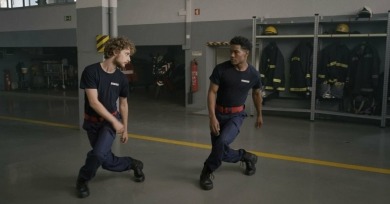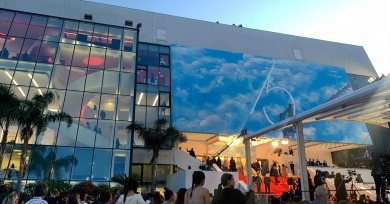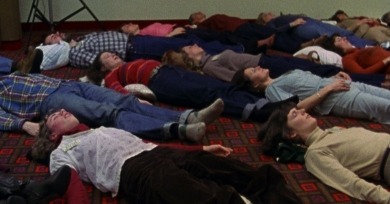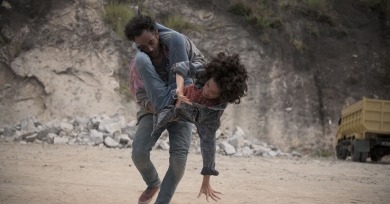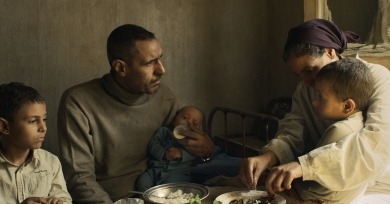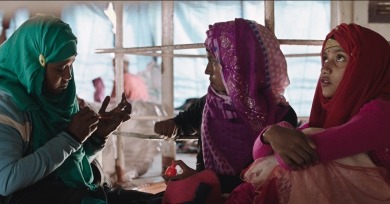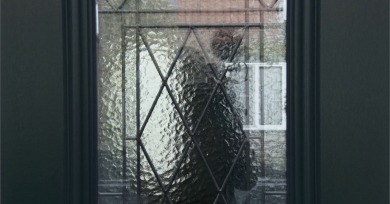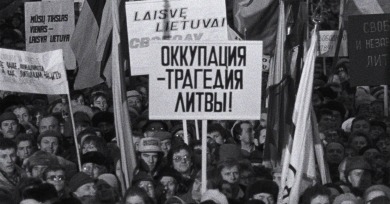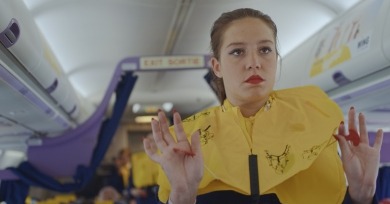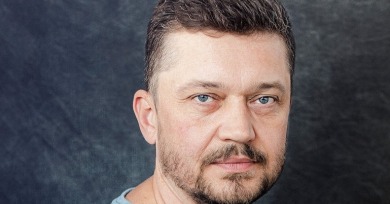Features
Death and distance play a key role in many films nominated for the Queer Palm this year at Cannes, and many of them forgo a meaningful exploration of their characters’ desires.
This was the first year that the film curators of MoMI visited the Cannes Film Festival together. Eric Hynes and Edo Choi compare notes on the scene, the culture of the festival, the slate, and what it might mean for MoMI.
One unifying concept ties it all together, Faraut believes, and that is the idea of time and the ability of a good director and a good tennis player to sculpt within it. His ideas are deeply rooted in the theories of Serge Daney.
I really wanted us to experience the way that history and our representation of truth is mediated through images, through popular culture, through the news, through horror films, and through archives of therapy sessions.
It has never been as easy to undercut the “truth” of filmed reality, but verifying truth in image-making was never so straightforward.
The title of Vengeance Is Mine, All Others Pay Cash may be slick and playfully edgy, but in ironic passages, Edwin ruptures that tone.
Feathers is a caustic rejoinder to a country still dragging its feet on gender parity, particularly when it comes to the issue of labor.
The film dissects the status of Bangladesh as a postcolonial nation that, like many other postcolonial nations, tries to establish itself as a free nation while holding onto symbols that tie it back to the period it wants to (impossibly) outgrow.
The Balcony Movie is about the contingency of human perspective and what that means for our lives and relationships, but it is also about what thoughtful works of art can create.
The premise/gimmick features Guido Hendrikx behind the camera as he approaches the doorsteps of strangers and stands there waiting for any kind of encounter.
These evidential images provide a midpoint between knowledge and history, and between a subjective and objective truth. This is the framework for Loznitsa’s archival cinema: a kind of foundation on which we can build a better understanding of the world.
Over the course of four hours, Loznitsa constructs a granular record of Lithuania’s moves towards independence.
The film, starring Adele Exarchopoulos as a hard-living, pain-numbing flight attendant on a fictional low-cost carrier, is a welcome indictment of the leisure culture and spiritual malaise of the Common Market.
I wanted to show these atrocities to remind Europe, and the whole world, that these barbarities are not happening far away, in some distant past, but right here, right now.
